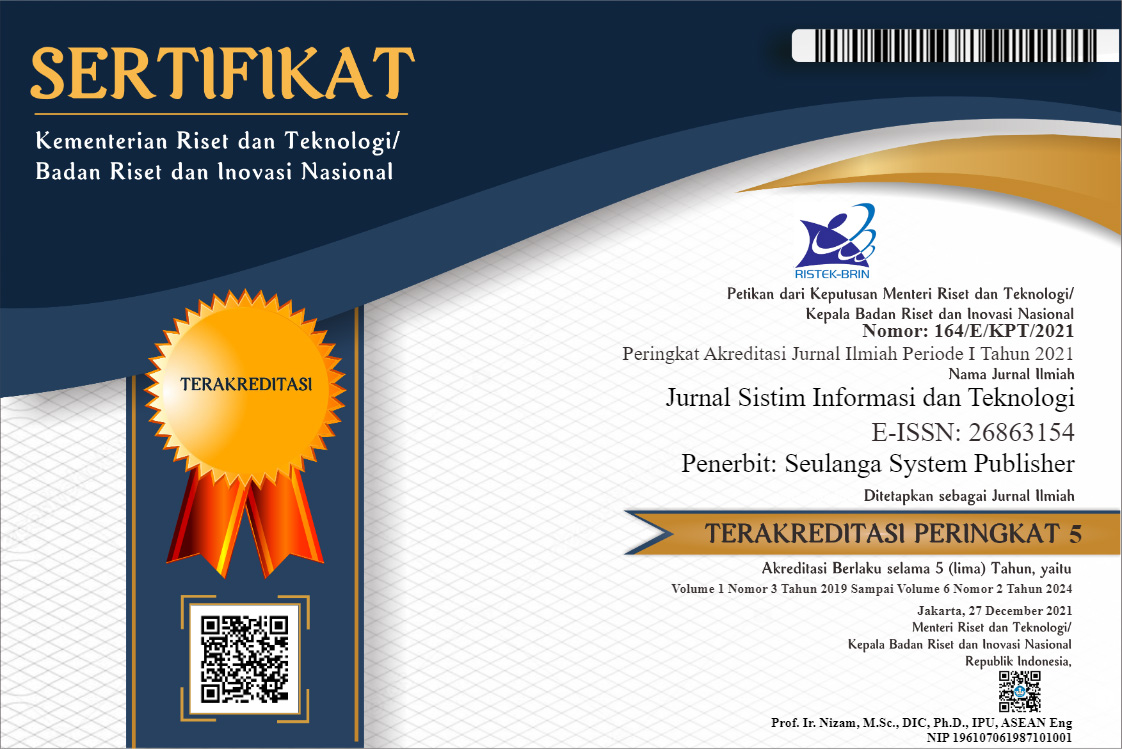Analysis of the Relationship Between Tourists Experience, Knowledge, Digital Strategic Decisions of Tourism Site Managers and Tourism Business Sustainability
DOI:
https://doi.org/10.60083/jsisfotek.v6i2.353Keywords:
Tourism, Statistics, Destination ManagementAbstract
The aim of this research is to propose a tourism observatory design to support strategic decision-making in tourist destinations. The proposed methodology uses input-output analysis. We propose the destination survey as a model for randomly selecting visitors at tourist attractions. The research results reveal that the observatory concept serves as a viable tool for tourism policy, addressing the information gaps at the destination level, where national statistical operations fall short. Observatories act as management tools that generate and concentrate scientific and statistical information, becoming the main source of official tourist data about a destination. However, in almost provinces, existing information does not fully meet the needs of users. Therefore, this research suggests a tourism observatory model to enhance the availability of systematic and timely information for decision-making at the provincial level. We hope that provinces and territorial units on a sub-national scale, lacking a complete tourism information system, will find the proposed model useful. We expect them to implement tourism observatory projects as a means to address specific needs, resolve local issues by uniting various tourism system participants, and address deficiencies in their current tourism statistics system. In this regard, provincial tourism observatories are expected to play a decisive role in the development of indicators and the calculation of trends, and the results obtained will provide feedback on the actions taken in relation to tourism policy.
References
Ginting, E. (2015). Pengaruh Faktor Budaya, Sosial, Pribadi Dan Psikologis T Erhadap Keputusan Pembelian Laptop Merek “Asus”(Studi Kasus Pada Mahasiswa Universitas Budi Luhur) Periode September–Desember 2014. Jurnal Ekonomika dan Manajemen, 4(2).
Ginting, E. (2016). Faktor budaya, sosial, pribadi dan psikologis terhadap keputusan pembelian smartphone merek “samsung”(studi kasus pada mahasiswa universitas budi luhur) periode bulan maret-mei 2015. Jurnal ekonomika dan Manajemen, 5(2), 190-209.
Febi, M., & Ginting, E. (2017). Perencanaan Re-Branding Kafe Raja’S Coffee Dalam Membentuk Awareness. Pantarei, 1(03).
Hendy, T., Resdiansyah, R., Johanes, F. A., & Rustono, F. M. (2020). Exploring the role of ICT readiness and information sharing on supply chain performance in coronavirus disruptions. Technol. Rep. Kansai Univ, 62, 2581-2588.
Ginting, E. (2016). Budaya, Sosial, Pribadi Dan Psikologis Terhadap Keputusan Pembelian Motor Merek “Honda”(Studi Pada Mahasiswa Fakultas Ekonomi Dan Bisnis Universitas Budi Luhur) Periode September-Oktober 2014. Jurnal Ekonomika dan Manajemen, 5(1), 77-93.
Safrida, S., Silalahi, R. M. P., & Tannady, H. (2023). The Role of School Principal Leadership Style, Work Environment and Family Support on PAUD Teacher Performance. Jurnal Obsesi: Jurnal Pendidikan Anak Usia Dini, 7(3), 2611-2618.
Sharma, M. K., Bhagwat, R., & Sharan, G. (2005). Practice of Performance Measuremnet: Experience from Indian SMEs. Internation Journal of Globalization and Small Business, (2), 183-213.
Simbolon, R., Elviani, S., Trisna, E., Simbolon, R. H., & Nasution, U. (2019). The Moderating Effect Of Integrity On The Relationship Of Triangle Fraud Elements And Fraud: Evidence In Indonesia. International Journal of Scientific & Technology Research, 8(09).
Syah, A., & Pratama, K. (2022). The Role of Economic Factors on the Economic Growth: Evidence from the Indonesian Economy. Cuadernos de Economía, 45(129).
Rita, Y. Y., Safrida, S., Riana, Z., & Nasution, I. (2023). The influence of service quality and price on customer loyalty in e-commerce Shopee (case study on consumers using the Shopee application).
Tannady, H. (2019). Process improvement to reduce waste in the biggest instant noodle manufacturing company in South East Asia. Journal of applied engineering science, 17(2).
Downloads
Published
How to Cite
Issue
Section
License
Copyright (c) 2024 Jurnal Sistim Informasi dan Teknologi

This work is licensed under a Creative Commons Attribution 4.0 International License.









